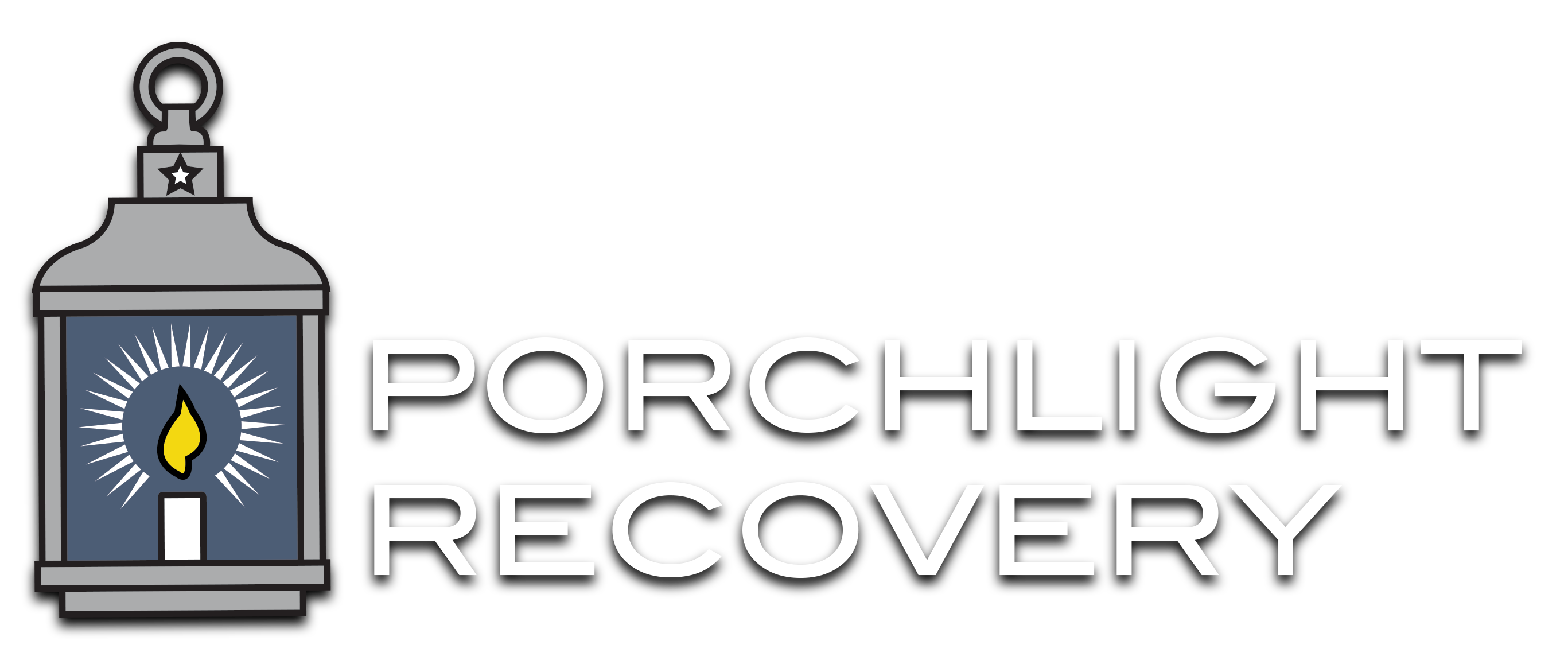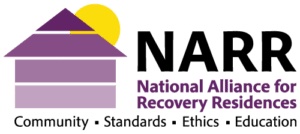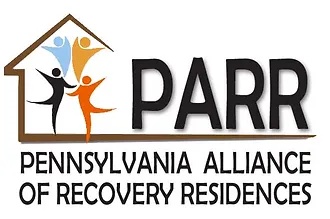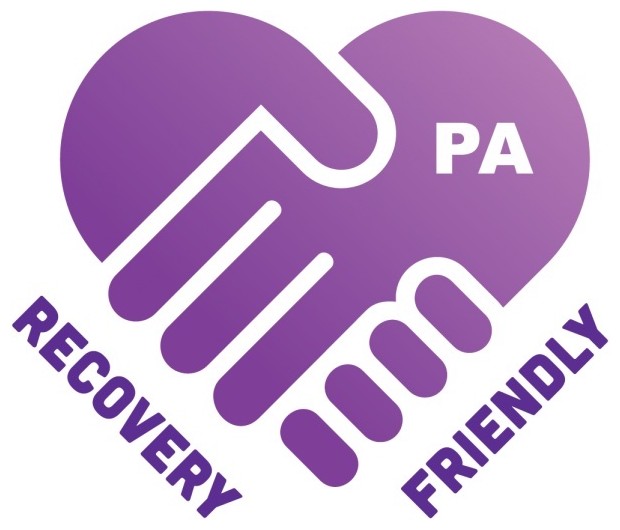Balancing Career and Recovery: Strategies for Professionals
Balancing a demanding career with the journey to recovery can be one of the most significant challenges professionals face. The pressures of high-stakes responsibilities, long hours, and the ever-present need to perform can make it difficult to prioritize health and well-being. However, addressing these challenges is crucial for achieving sustainable recovery. In this blog, we will explore effective strategies to manage stress, maintain a healthy work/life balance, and leverage professional support systems to help professionals achieve their recovery goals while excelling in their careers.
Understanding the Impact of Workplace Stress on Recovery
Workplace stress is a common issue among professionals and can significantly hinder recovery efforts. The high-pressure environment, tight deadlines, and demanding responsibilities can exacerbate addiction, making it challenging to stay on the path to recovery. According to a study by the Substance Abuse and Mental Health Services Administration (SAMHSA), professionals in high-stress jobs are more likely to develop substance use disorders. This highlights the need for effective stress management and support systems tailored to the unique needs of professionals in recovery.
Stress Management Strategies
Managing stress effectively is crucial for professionals in recovery. Here are some strategies that can help:
1. Mindfulness and Meditation Practices
– Incorporating mindfulness and meditation into daily routines can help reduce stress and increase focus. Techniques such as deep breathing, guided imagery, and mindfulness meditation can provide a sense of calm and improve overall mental well-being.
2. Time Management Techniques
– Effective time management is essential for balancing work and recovery. Prioritizing tasks, setting realistic deadlines, and using tools like planners or digital apps can help professionals stay organized and reduce stress.
3. Physical Exercise
– Regular physical activity is a powerful stress reducer. Exercise releases endorphins, which are natural mood lifters. Activities such as jogging, yoga, or even a brisk walk can significantly improve mental health and reduce stress levels.
4. Importance of Regular Breaks and Vacations
– Taking regular breaks throughout the workday and scheduling vacations can prevent burnout. Short breaks can help clear the mind and improve productivity, while vacations provide a longer respite, allowing for complete relaxation and rejuvenation.
5. Utilizing Support Networks
– Building and maintaining a support network is vital. Colleagues, family, and friends can offer emotional support and practical assistance. Engaging with support groups or therapy can also provide a safe space to discuss challenges and develop coping strategies.
The Importance of a Healthy Work/Life Balance
Achieving a healthy work/life balance is crucial for sustaining recovery. Here are some strategies to help professionals maintain this balance:
1. Defining Work/Life Balance in the Context of Recovery
– Work/life balance means finding harmony between professional responsibilities and personal well-being. For those in recovery, this balance involves prioritizing health and sobriety alongside career goals.
2. Setting Boundaries Between Work and Personal Life
– Establishing clear boundaries is essential. This can include setting specific work hours, creating a dedicated workspace at home, and making a conscious effort to disconnect from work-related tasks and communications during personal time.
3. Creating a Supportive Home Environment
– A supportive home environment can significantly impact recovery. This involves open communication with family members, creating a routine that includes time for relaxation and self-care, and ensuring that the home environment is free from triggers that could jeopardize recovery.
4. Managing Work Responsibilities Without Compromising Recovery Efforts
– Professionals should prioritize tasks and delegate when necessary. Learning to say no to additional responsibilities and focusing on manageable workloads can prevent overwhelming stress. It’s also important to communicate openly with employers about the need for flexibility when required.
Leveraging Professional Support Systems
Professional support systems play a crucial role in helping individuals balance their career and recovery. Here are some ways to leverage these resources:
1. Communicating Needs with Employers
– Open communication with employers about recovery needs is essential. Professionals should feel empowered to discuss necessary accommodations, such as flexible working hours or remote work options, to support their recovery journey.
2. Seeking Professional Help from Therapists and Counselors
– Regular sessions with therapists or counselors can provide guidance, coping strategies, and emotional support. These professionals can help address underlying issues related to addiction and assist in developing a personalized recovery plan.
3. Utilizing Employee Assistance Programs (EAPs)
– Many companies offer Employee Assistance Programs that provide confidential support for employees dealing with personal issues, including addiction. EAPs can offer counseling services, referrals, and resources to aid in recovery.
4. Joining Professional Support Groups or Networks
– Engaging with support groups specifically for professionals can provide a sense of community and shared understanding. These groups offer a platform to discuss common challenges, share experiences, and gain insights from others who are also balancing career and recovery.
Balancing a demanding career with the journey to recovery is undeniably challenging, but it is entirely achievable with the right strategies and support systems. Effective stress management, maintaining a healthy work/life balance, and leveraging professional support systems are all critical components of this balance. Professionals must prioritize their recovery by setting boundaries, seeking help, and making self-care a central part of their routine.
PorchLight Recovery’s Executive Program offers specialized support to help busy professionals achieve their recovery goals. Our life skills classes are designed to equip individuals with the tools they need to manage both their careers and their recovery effectively. By providing a comprehensive, multidisciplinary approach to recovery, PorchLight Recovery ensures that each resident can find the balance necessary for long-term success.
For more information, please contact us at 833-799-6500, email us at info@porchlightrecovery.com, or visit our website at PorchLight Recovery.




